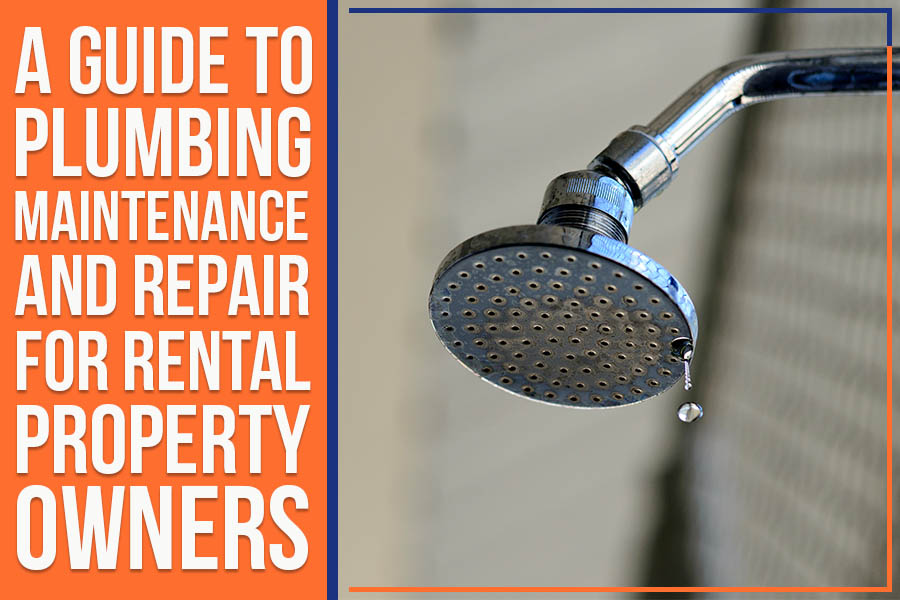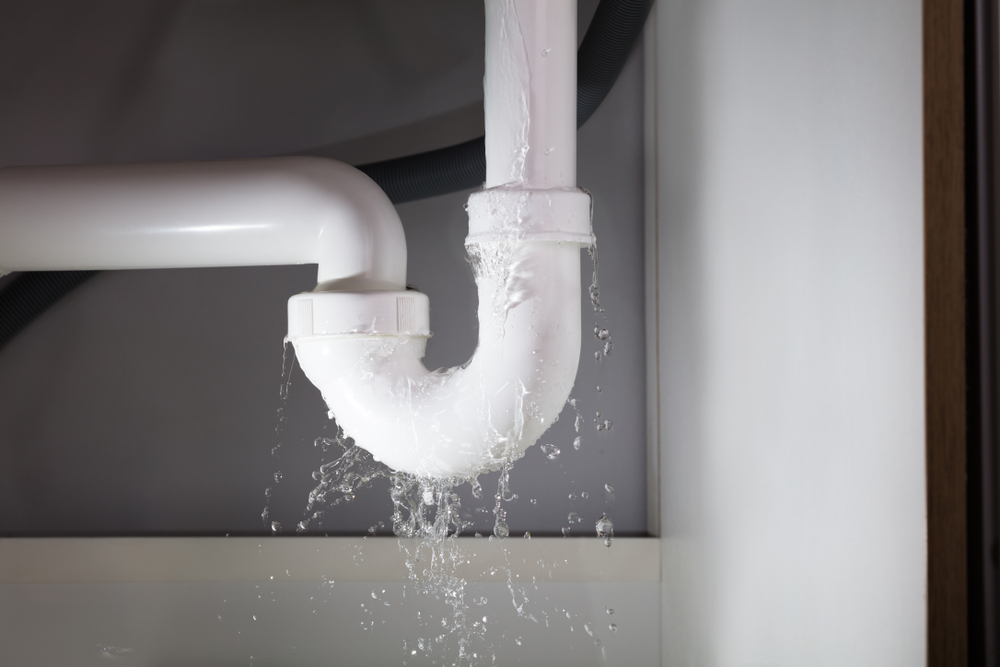
- Post author:admin
- Post published:November 16, 2022
- Post category:A Better Plumber Blog
Key Takeaways:
- As a landlord, you are responsible for maintaining the plumbing in your rental property and ensuring that it is in good working order.
- Tenants are also responsible for proper plumbing usage. They must notify the landlord of any issues as soon as they arise.
- If a tenant fails to maintain or damages the plumbing properly, they may be liable for repairs.
- Landlords have the right to enter their rental property to make repairs at any time but should give tenants notice whenever possible.
- Both landlords and occupants have certain rights when it comes to plumbing maintenance and repair. Familiarizing yourself with these rights can help avoid potential problems down the road.
As a rental property landlord, it’s important to be aware of the plumbing maintenance and repair responsibilities that fall on your shoulders – and those of your tenants. Knowing who is responsible for what will help minimize headaches down the road.
This guide by A Better Plumber & Sewer will give you a basic overview of plumbing maintenance for rental properties, so you can be prepared before any issues arise.
What Are the Most Common Plumbing Problems for Landlords?
As you may expect, no rental property is always ideal. Landlords are bound to run into plumbing troubles, whether it’s basic upkeep, renovations, or more substantial concerns. However, when these problems arise, investors must recognize the warning signals and address plumbing concerns as soon as possible. So, let’s go through five of the most typical plumbing difficulties landlords have in rental properties.
Drain Blockages:
Drains often get clogged by tenants pouring grease or flushing things like diapers and sanitary napkins down the toilet. If a landlord only discovers this when there’s already a backup, they may be looking at more than just a simple repair.
If you have clogged drains in your rental home, don’t put them off. Instead, carefully clean the drain and disassemble any sections that may hold dirt so you may also clean them.
Leaky Faucets:
A leaking or dripping faucet may not appear to be a major concern, but it can waste a lot of water and raise your water bill. Not to mention, the constant noise can be incredibly annoying for occupants.
Fortunately, this problem is simple to resolve and does not need much effort. In most cases, you must turn off the water valve and replace the little washer found on the faucet handle.
Running Toilets:
A running toilet can also waste a lot of water and run up the water bill. It’s also one of the most common complaints from tenants. To resolve this issue, you need to buy a new flapper, which should cost approximately $20 at your local hardware shop. The flapper will usually come with instructions on how to replace it. But it is always better to call reputable plumbing and sewer companies for help.
Leaking Pipes:
Leaking pipes can cause all sorts of problems, from water damage to mold. You should call a plumbing expert for assistance if you find a leaky pipe.

Water Pressure Issues:
Tenants may experience significant annoyance if the water pressure is too high or too low. The first step in resolving a low water pressure issue is to inspect the property for blocked drains or faucets. If that isn’t the case, you should investigate further with a water pressure gauge.
Landlord’s Plumbing Responsibilities
Landlord and tenant legislation recognizes renters’ right to a habitable home with the appropriate systems. This comprises, in general, safe structures and effective systems. However, it indicates that the house must have proper plumbing and sanitary amenities. These components must operate to the renter’s satisfaction when new folks move in.
Aside from supplying working plumbing, the landlord must also provide the following:
Perform a property inspection before the tenant move-in:
This will help you identify and fix potential plumbing issues before your tenant moves in. Try to inspect with the prospective tenant present so they can point out any concerns about the property’s plumbing.
Keep the systems in good functioning order:
During the tenancy, the landlord must keep the plumbing in excellent working order. Even after the renters have moved in, it is the owner’s responsibility to keep the plumbing in good working order.
Carry out the necessary maintenance:
The owner is responsible for the plumbing’s upkeep. The landlord’s responsibility is for any damage caused by natural wear and tear or improper plumbing use.
Take care of any plumbing issues:
Emergencies are imminent hazards to the home’s livability. Examples are overflowing toilets, broken pipes, and water supply interruptions in any house section.
What Is the Landlord’s Right?
The law is on the landlord’s side when it comes to plumbing. According to most state laws, the owner has the right to enter the rental unit to make repairs, even if the tenant is not home.
The best way to protect your rights as a landlord is by having a detailed lease agreement that covers all aspects of plumbing maintenance and repair.
Tenant’s Plumbing Responsibility
The tenant is also partly liable for the plumbing in the house. Suppose the renter fails to perform their role and the plumbing is damaged. In that case, the tenant will be partially or entirely liable for the repairs. Tenant obligations include the following:
Proper Plumbing Usage:
Renters must refrain from damaging the plumbing by flushing non-biodegradable items down the toilet or allowing hair to block the drain.
Inform The Owner of Any Issues:
Renters must notify the owner of any difficulties as soon as they become aware. If they fail to do so and the harm worsens, the renter bears some blame.
The Obligation to Limit the Damage:
If a renter notices plumbing damage, they must take the appropriate actions to limit the degree of the damage to the owner’s property until the landlord comes to repair the problem.
Responsible For Safeguarding Their Possessions:
During a plumbing emergency, tenants are responsible for securing their items. The landlord will not compensate the renter for personal damage.
What Are Tenants’ Rights?
Every state has different laws, but generally, landlords must make all repairs promptly. If they do not, the tenant may have the right to:
- Sue the landlord
- Withhold rent
- Move out without notice.
Conclusion:
Understanding your rights and obligations as a landlord or tenant about plumbing maintenance and repair is critical. By familiarizing yourself with the relevant laws in your state and keeping open communication with your landlord or tenants, you can avoid many potential problems down the road.
Whether you are a rental property owner or a tenant with plumbing issues, A Better Plumber & Sewer, serving Schaumburg, is here to help! With years of experience, we make every effort to stay current on plumbing expertise and laws.
So, call us or request a free quote today!







